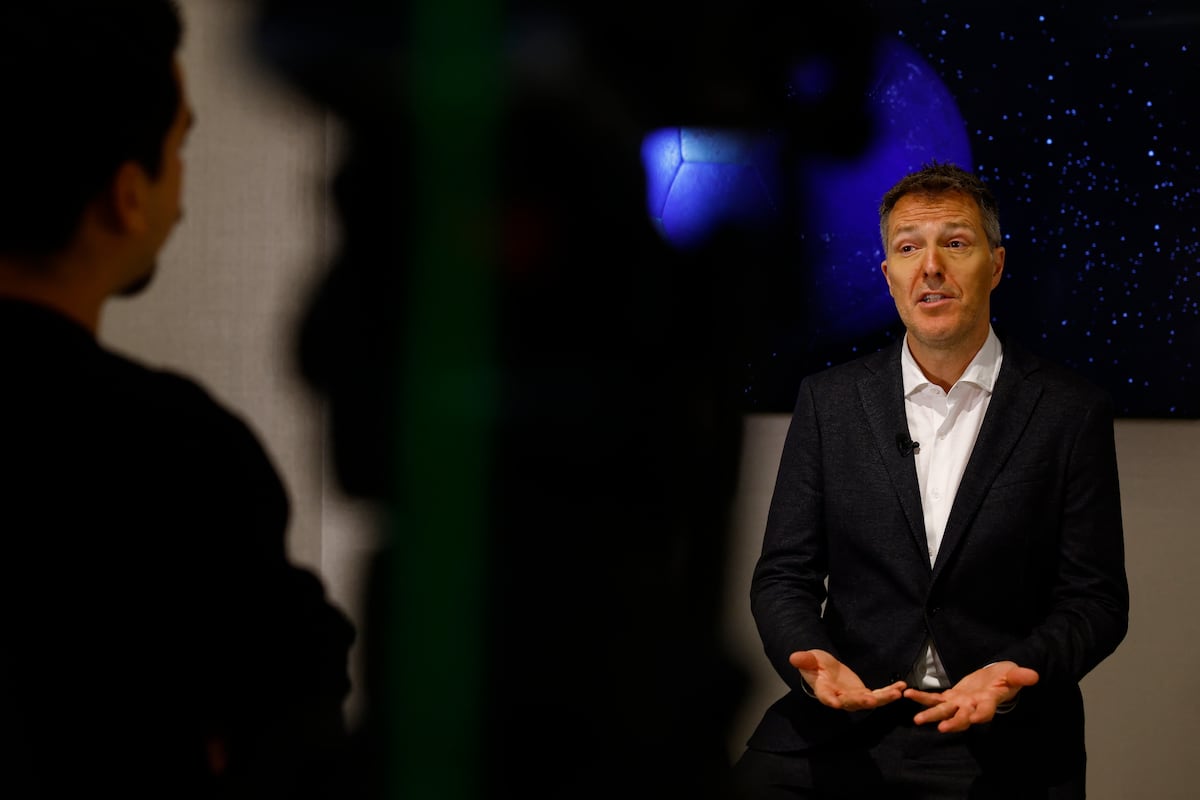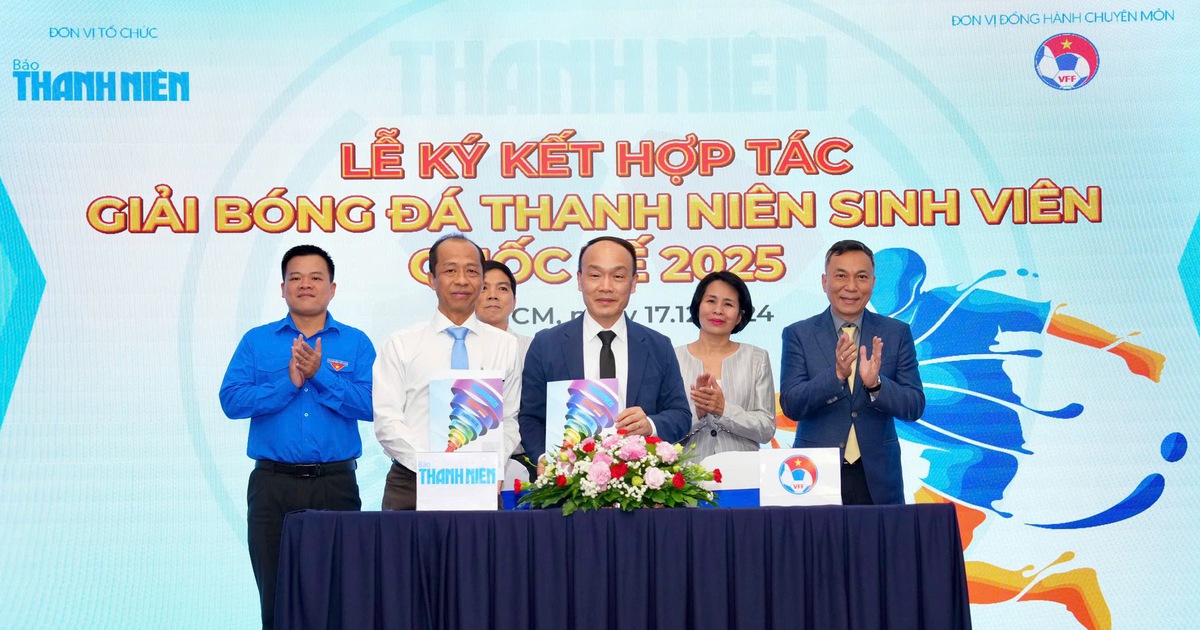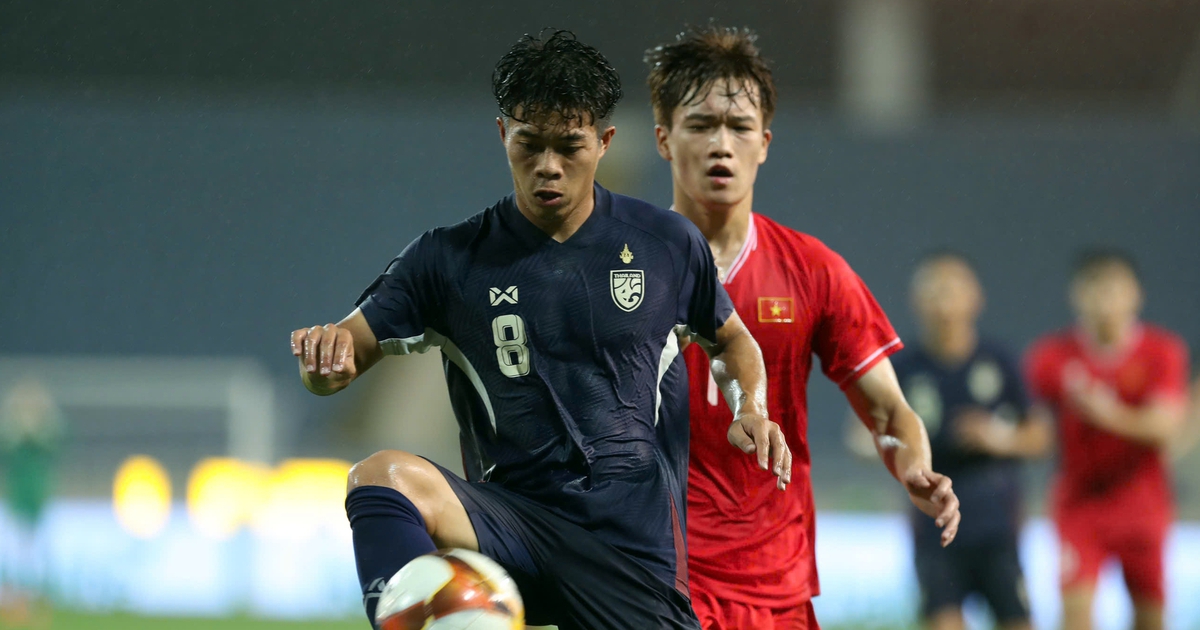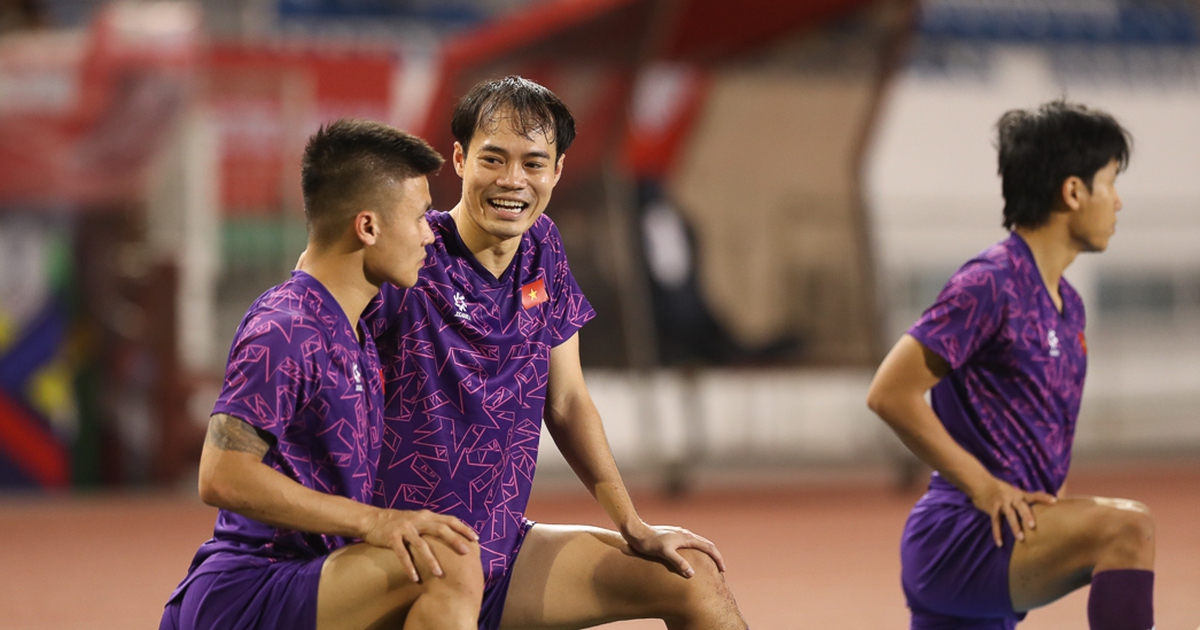The president of Real Madrid, Florentino Pérez, warned on November 24 at the club’s members’ assembly about the imminence of a new step in its Super League project: “This system does not work and the moment is critical. “The time has come to act.” This Tuesday, just four days before the one year anniversary of the ruling of the Court of Justice of the European Union (CJEU) that gave legal coverage to the project against threats from UEFA, the next milestone of the endeavor was announced: A22, The company in charge of the project sent a letter to UEFA, with a copy to FIFA, to request “the beginning of the process of recognition of new pan-European club competitions.”
The 35-page document includes a calendar for the 2025/26 season of the new championship, which changes its name and is now called Unify League, although A22 CEO Bernd Reichart acknowledged in a telematic appearance with Spanish media that the next season would be a “very early” horizon. “I don’t want to rule it out, but next year, as we see it now, seems very ambitious.”
There are at least two major obstacles that make that date unfeasible. The first is the process itself initiated with UEFA for the authorization of the competition. A22 maintains that the procedure in place by the European football regulator fails to meet the requirements of the CJEU ruling. It is still too restrictive, they argue. Furthermore, the UEFA procedure does not include indications on deadlines. For this reason, A22 mentions in its letter the warning of the CJEU ruling about the possible delays of the body led by Aleksander Ceferin: “The established time limits must not be likely to harm potentially competing companies by denying them effective access to the market.” .
The second obstacle is the operation of A22 itself. One of the most important aspects of the project, which Reichart insisted on again this Tuesday, is the launch of the Unify platform, intended to stream all the matches for free with advertising, and without it through premium subscription models. The CEO of A22 acknowledged that developing the platform according to their expectations would take “many months of preparation,” and would depend “on the profile of the technological partner,” which he suggested they have not yet chosen.
A22 has introduced modifications to the tournament format derived from its conversations with clubs and leagues, according to Reichart, and which also seem intended to try to avoid possible problems from UEFA. Clubs will have to qualify each year through their results in national leagues, as is the case with current European competitions. There will no longer be teams that continue competing in one of the divisions even if they have had poor results in their league. In addition, the men’s championship adds a new category to the three that were announced in December of last year. Then, just after the CJEU ruling, the Super League was going to be played by 64 clubs divided into three divisions: Star (16 teams), Gold (16) and Blue (32). Now they go to 96 teams – compared to 108 in the three UEFA competitions -, divided into four divisions: Star (16), Gold (16), Blue (32) and the new one, Union (32). The women’s tournament will have 32 clubs, 16 in the Star and 16 in the Gold.
For the Star, 12 teams will qualify through the results in their leagues, two through the previous qualifiers and the Star and Gold champions from the previous season. Eight teams enter the Gold through their leagues, seven through the previous qualifying rounds and the last Blue champion. In the Blue, 14 through their leagues, 17 through previous qualifying rounds and the previous winner of the Union. And in the Union, 32 teams that come out of previous qualifying rounds of more than 100 clubs that access them through the results in their leagues.
The women’s tournament will have 32 clubs, 16 in the Star and 16 in the Gold. In both the men’s and women’s teams, the teams will be organized into groups of eight, so that in the first phase each team will play 14 games, seven at home and seven away.
In addition, A22 has informed UEFA and FIFA that its tournaments would be governed by the rules of the game established by the International Football Association Board (IFAB) and that it would comply with the regulations of the European body regarding doping, equipment, disciplinary regulations. , medical, fair play, security and stadium infrastructure.








